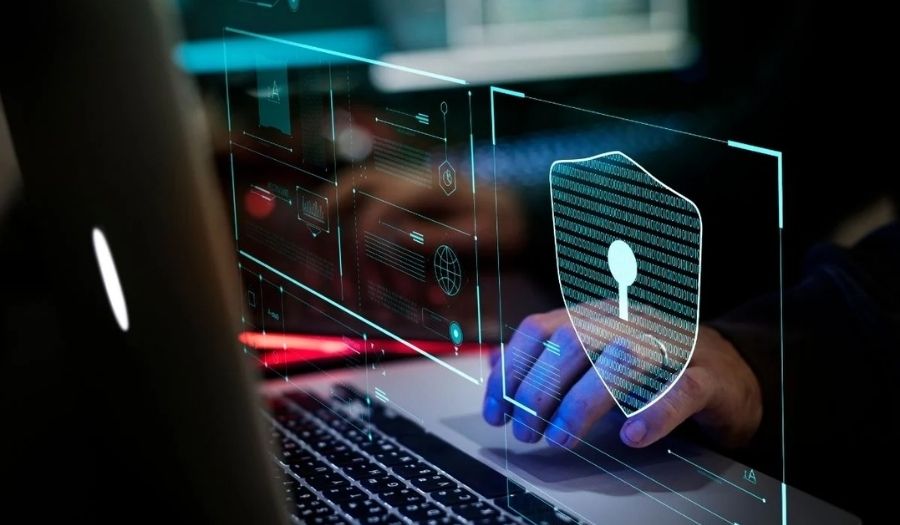
14-08-2024 | Noticias-en
On August 4, Legislative Decree No. 1623 was published, through which the IGV Law was modified, establishing in turn the tax on the provision of streaming services (among other operations) by subjects not domiciled in the country, such as Netflix, Amazon, Spotify, Disney+, etc.
Among its main provisions, the standard has provided for the following:
VAT (18%) on transactions carried out by natural persons who consume streaming platform services, intermediation services in the supply and demand of goods and services (AirBNB, Uber), storage services, among others, regardless of whether they carry out business activity or not.
VAT (18%) on transactions carried out with natural persons who “import” an intangible through the Internet, regardless of whether they carry out business activity or not.
Designation as withholding and collection agents of non-domiciled subjects and payment facilitators (banks, financial institutions, telecommunications companies) with respect to digital services and the importation of intangible goods via the Internet.
The obligation of providers of such services to register in the RUC and comply with certain formalities.
The collection of VAT on such operations would be carried out from October 1, 2024.
By Supreme Decree, the publication of which must be made within the next 30 days, the provisions of Legislative Decree No. 1623 will be regulated.

30-07-2024 | Noticias-en
On July 29, 2024, Resolution No. 710/2024 of the Ministry of Security was published in the Official Gazette of the Nation, creating the Artificial Intelligence Unit Applied to Security (“UIAAS”).
This new unit will operate within the scope of the Cybercrime and Cyber Affairs Directorate, which reports to the Cabinet of Advisors Unit of the Ministry of Security. The UIAAS will be headed by the Director of Cybercrime and Cyber Affairs and will include the participation of representatives of the Federal Police and Security Forces.
The mission of the UIAAS is the prevention, detection, investigation and prosecution of crime through the use of artificial intelligence. Its main functions include:
– Patrol social networks, applications and websites, as well as the “deep Internet” or “dark web”, to investigate crimes and detect security risks.
– Identify and compare images in physical or virtual format.
– Analyze security camera images in real time using facial recognition.
– Use machine learning algorithms to predict and prevent future crimes.
– Detect cyber threats before attacks occur, including malware and phishing.
– Process large volumes of data to create suspect profiles and establish links between different cases.
– Use drones for aerial surveillance and emergency response.
– Performing dangerous tasks, such as deactivating explosives, using robots.
– Improve communication and coordination between the Federal Police and Security Forces.
– Analyze social media activities to detect potential threats and anticipate unrest.
– Detect suspicious financial transactions that could indicate illegal activities.
The implementation of the UIAAS will be in accordance with the guidelines and directives established by the Ministry of Security Resolution No. 428/24.
It should be noted that, according to the Ministry of Security Resolution No. 428/24, during preventive work, police personnel must comply with the Personal Data Protection Law No. 25,326. Likewise, said resolution ignores that (i) it is strictly prohibited to handle sensitive data without judicial authorization, as well as to use publications by minors without due permission, and that (ii) if it is detected that the preventive activity involves a minor, it will be immediately suspended and the corresponding authorities will be notified, unless there is a risk to the life of the minor.
The scope and limits of the new UIASS’s actions, particularly when using technological tools to prevent criminal conduct, will have to be carefully analysed, taking into account potential problems regarding the right to privacy and the validity or legality of the actions of the security forces.
For more information and to access the full details of the regulation, please consult the following link: Resolution No. 710/2024.

19-07-2024 | Noticias-en
The Plenary Session of the Congress of the Republic unanimously approved the opinion of Bills No. 2942/2022, 3131/2022 and 3541/2022 (the “Opinion”), which modifies literal e. of article 58.1 of Law No. 29571, Consumer Protection and Defense Code (the “Code”), regarding the prohibition of spam calls.
With this amendment to the Code, companies would be prohibited from using call centers , telephone calling systems, sending text messages to cell phones or mass electronic messages to offer products or services to consumers, unless the latter, on their own initiative, have given their free, prior, informed, express and unequivocal consent to be contacted to receive commercial or advertising communications. This includes the prohibition of making calls to establish initial contact with the consumer and request their consent, which is currently permitted by the Code.
The Opinion also specifies that consent may be revoked with immediate effect and without giving any reason, at any time and in accordance with personal data protection regulations. Furthermore, it provides that the violation of this prohibition or its revocation is a very serious infringement.
Finally, the Opinion incorporates article 58.3 into the Code, the text of which states that in order to guarantee consumer protection against aggressive or deceptive commercial methods, the State establishes rules for the proper use of sending messages and calls on telecommunications networks. For the application of this provision, the Sole Final Complementary Provision of the Opinion states that within a period of 60 calendar days – counted from its entry into force – the Executive Branch will establish additional regulations that grant special telephone numbers to providers, security methods and validation techniques so that users can identify the calls they receive.
You can access the Opinion .
For more information on this topic or any questions:
innovacion@cpb-abogados.com.pe


